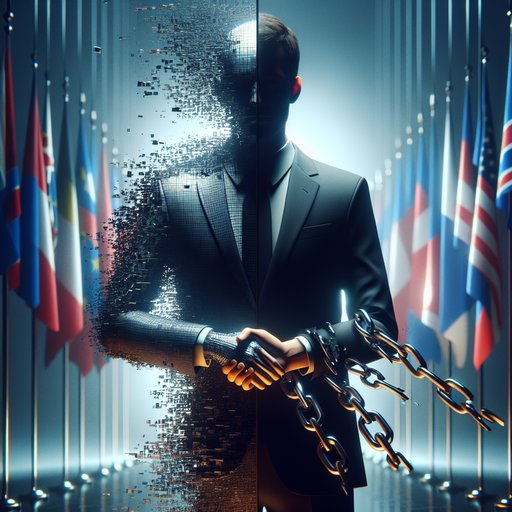
The United Nations has reimposed comprehensive sanctions on Iran, marking a significant shift in international relations and drawing sharp criticism from multiple quarters. The move, which reinstates restrictions that were previously lifted under the 2015 nuclear deal (JCPOA), comes amid mounting concerns over Iran's nuclear program and has immediately triggered responses from both Western powers and Iranian officials [1].
The UK, France, and Germany have taken a unified stance in supporting the sanctions' reimposition, citing specific concerns about Iran's nuclear activities. These European powers have emphasized that the restrictions are a necessary response to ongoing nuclear program developments, though the move has created new tensions in an already complex diplomatic landscape [1].
The impact on Iran's economy is expected to be severe, with experts warning of increasing pressure on the country's already struggling population. The sanctions are reportedly "exacerbating" Iran's economic situation, with particular opposition coming from nations like China and Russia who have consistently opposed the sanctions regime [2].
Critics of the sanctions policy, including analysts from the Quincy Institute, point out that Iran has consistently shown willingness to engage in diplomatic dialogue. According to these sources, Tehran remains open to discussions with the United States, despite the increasing isolation [3].
The sanctions have particularly impacted Iran's middle class, which many consider a crucial driver of stability and moderation in the country. Economic experts suggest that this approach has been "a spectacular strategic failure" for Western interests, potentially undermining long-term stability goals in the region [4].
























